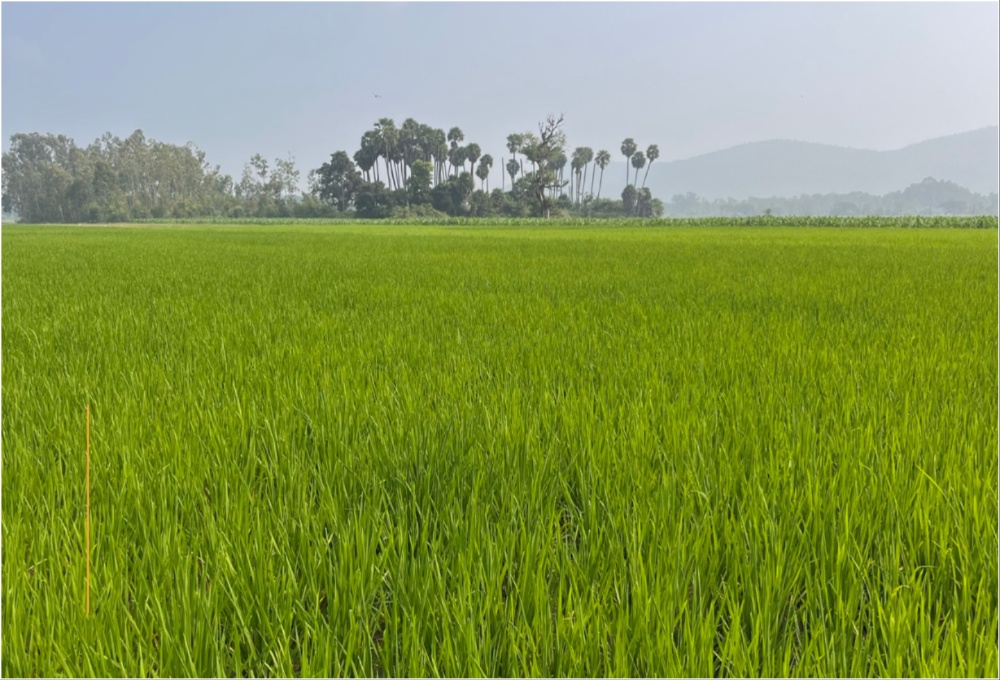
Sustainability has become a buzzword in recent years, but it’s more than just a trend—it’s a necessity for the future of our planet. Embracing sustainable practices helps us preserve our environment, ensure economic stability, and improve the quality of life for future generations. One exemplary model of sustainability in action is the Chukki Mane Village Resort, a destination that not only offers a tranquil retreat but also serves as a living example of how we can manage our resources responsibly. In this blog post, we will explore the concept of sustainability and learn how Chukki Mane Village Resort integrates sustainable practices into its operations, offering valuable lessons for us all.
What is Sustainability?
Sustainability involves meeting the needs of the present without compromising the ability of future generations to meet their own needs. It encompasses three main pillars:
- Environmental Sustainability: Conserving natural resources and minimizing environmental impact.
- Economic Sustainability: Ensuring economic activities are viable and beneficial over the long term.
- Social Sustainability: Promoting social well-being and equity within and across communities.

The Role of Chukki Mane Village Resort in Promoting Sustainability
Nestled in the lush greenery of rural Karnataka, Chukki Mane Village Resort is not just a getaway destination but a beacon of sustainable tourism. Here’s how the resort incorporates sustainability into its operations:
- Eco-friendly Architecture
- Renewable Energy Sources
- Water Conservation
- Waste Management
- Local and Organic Food
- Community Engagement
Chukki Mane Village Resort uses traditional construction techniques with locally sourced materials. This minimizes the carbon footprint associated with transporting building materials and supports the local economy. The architecture is designed to be energy-efficient, reducing the need for artificial heating and cooling.
The resort harnesses solar energy to power its facilities, significantly reducing its reliance on non-renewable energy sources. Solar panels provide electricity for lighting, heating water, and powering appliances, showcasing how renewable energy can be effectively utilized even in rural settings.
Water is a precious resource, and Chukki Mane Village Resort employs several water-saving techniques. Rainwater harvesting systems collect and store rainwater for use in irrigation and other non-potable applications. Additionally, greywater recycling systems treat and reuse wastewater from showers and sinks for landscaping purposes.
he resort has a comprehensive waste management system that emphasizes reduction, reuse, and recycling. Organic waste is composted and used as fertilizer for the resort’s gardens, while non-organic waste is carefully sorted and recycled. This reduces the amount of waste sent to landfills and promotes a circular economy.
Chukki Mane Village Resort sources its food from local farmers and cultivates its own organic gardens. This not only supports local agriculture but also ensures that guests enjoy fresh, nutritious meals with a low environmental impact. By reducing the distance food travels from farm to table, the resort minimizes its carbon footprint.
Sustainability is not just about the environment; it’s also about people. The resort actively engages with the local community, providing employment opportunities and supporting local artisans. Guests are encouraged to participate in cultural activities and learn about the local traditions, fostering a deeper connection with the region and its people.

How We Can Manage Sustainability in Our Lives
Inspired by the practices at Chukki Mane Village Resort, here are some steps we can take to incorporate sustainability into our daily lives:
- Reduce Energy Consumption: Use energy-efficient appliances, switch to renewable energy sources, and be mindful of your energy use. Simple actions like turning off lights when not in use can make a big difference.
- Conserve Water: Install water-saving fixtures, fix leaks promptly, and use water wisely. Collect rainwater and use greywater for non-potable purposes.
- Practice Waste Reduction: Reduce, reuse, and recycle. Compost organic waste and be mindful of packaging and single-use items.
- Support Local and Sustainable Products: Buy locally produced goods to reduce transportation emissions and support local economies. Choose organic and sustainably sourced products whenever possible.
- Engage with Your Community: Get involved in local sustainability initiatives and support policies that promote environmental conservation and social equity.
Sustainability is a collective responsibility that requires action at both individual and community levels. By learning from models like Chukki Mane Village Resort, we can see that sustainable living is not only possible but also enriching and rewarding. Let’s embrace these practices and work towards a more sustainable future, one step at a time.





No Comments